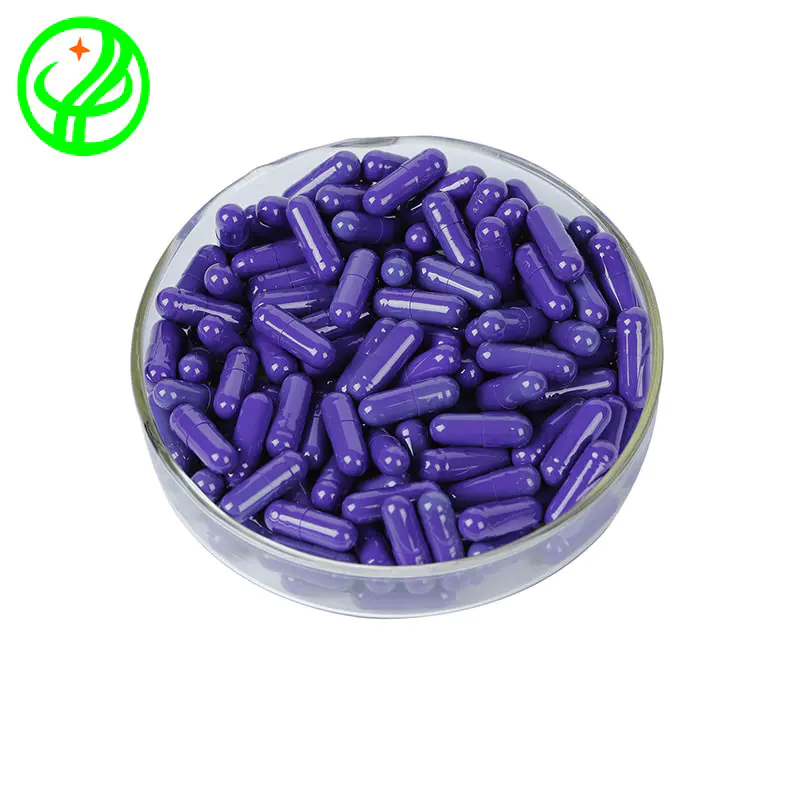Product Consultation
Your email address will not be published. Required fields are marked *


Halal capsules should not contain ingredients of 'dead animals'. The term 'dead animal' here refers to animals that have not been slaughtered in accordance with Islamic law (Sharia), and their meat, bones, fat, etc., even if they are edible animals (such as cows and sheep), are considered unclean (Haram). The following is a detailed introduction of the points:
1. Definition of "dead animal" in Islamic law
Maytah: Refers to animals that have not been slaughtered in accordance with Islamic regulations, i.e. animals that died naturally or through non Islamic slaughter.
Even halal animals such as cows and sheep, if not slaughtered in a compliant manner (such as chanting scriptures, bloodletting, heading towards the holy city of Mecca, etc.), their meat and related tissues are considered unclean and unusable.
2. Halal capsules must avoid ingredients from dead animals
Gelatin issue: Many traditional capsules use animal gelatin (especially pig, cow, horse), which is considered a "dead ingredient" if it comes from animals that have not been slaughtered according to halal regulations.
Animal fat or bone meal: If the excipients used in health product formulations (such as magnesium stearate) are derived from dead matter, they are also not allowed.
3. Halal slaughter is the key to judgment
Animal ingredients that meet the criteria can be used, provided that:
Animals must be halal animals (such as cows, sheep, chickens);
Must be slaughtered by Muslims;
When slaughtering, it is necessary to recite 'In the name of Allah' (Bismillah);
Must bleed thoroughly;
Must face towards Mecca;
Animal sources that do not meet the above conditions are considered "dead" and any part of their ingredients cannot be used in halal capsules.
4. Risk sources of dead animal components
Raw materials of unknown origin, such as cheap animal gelatin, may come from slaughterhouse waste, naturally dead animals, or non halal slaughter and processing products.
Recycling or industrial by-products, such as some industrial fatty acids, bone glue, meat powder, etc., may contain "dead animal" ingredients and are considered high-risk in halal audits.
5. How to avoid dead animal components
Using Halal certified raw materials: such as using Halal certified bovine gelatin or plant-based gelatin (such as seaweed extract, hydroxypropyl methylcellulose).
Clear traceability source: Ensure that all animal sourced raw materials can be traced back to halal slaughterhouses.
Avoid mixing or unknown ingredients: Avoid using excipients with "unknown source" or unclear labeling, such as "animal fat" that does not specify the source.
6. Key audit points for halal certification
Focus on inspecting the specific sources and slaughter methods of animal derived components;
Require Halal Certificate for raw materials containing animal ingredients;
We do not accept the recycling of animal ingredients, naturally dead animals, or products slaughtered by non Muslims.
Your email address will not be published. Required fields are marked *
If you would like to learn more about our products, please feel free to contact us and we will do our to assist you.
No.1 Tianzhu 3rd Road, Dufu Town, Xinchang County, Zhejiang Province
86-575 8606 0065
86-159 8825 2009
+86 159 8825 2009
+1 380 215 7432
